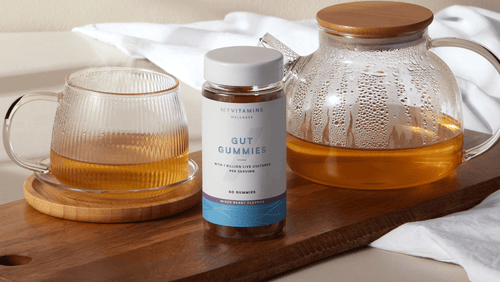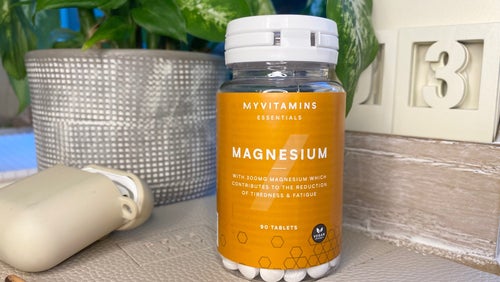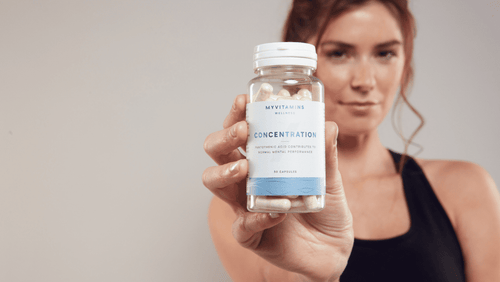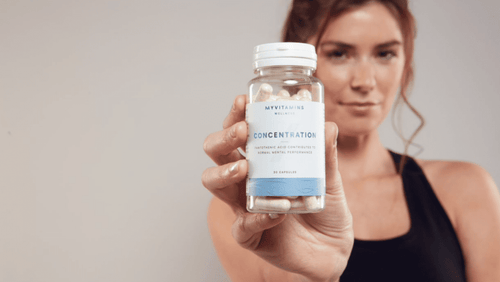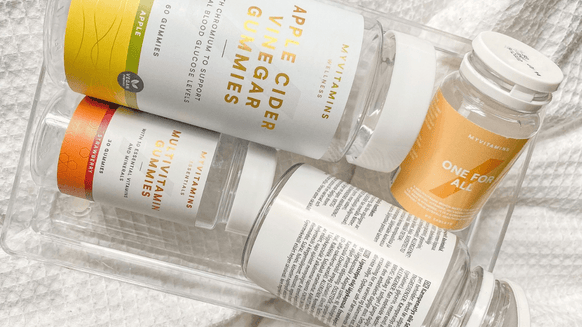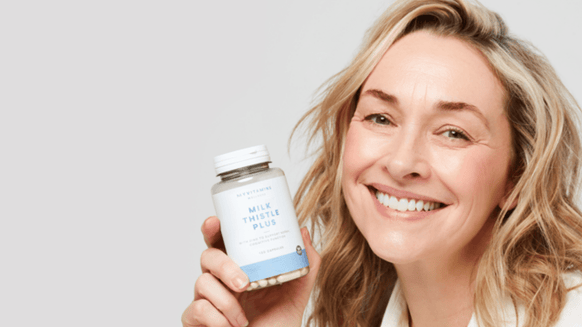Complete Guide: Discover Your Path To Wellness

A new year is an opportunity to set new goals and new habits. For many of us, these are based around our wellness - maybe you want to be more focused, have more energy, or take more time to slow down and relax.
To help you on your wellness journey, we’ve put together this guide to explain some key areas in health and wellbeing with tips and expert advice.
- What is wellness?
- Gut health and digestion
- Sleep and relaxation
- Energy and focus
- Mind and brain
- Heart health and circulation
What is wellness?
Wellness is an umbrella term that covers your physical health, mental health, nutrition and self-care. It’s about all parts of your lifestyle and how they come together to help you feel your best.
Choosing to focus more on your wellness doesn’t mean a complete lifestyle change overnight. Just one small change or new habit can make a huge difference to your health and how you feel.

Gut health and digestion
While it might not be the most glamorous topic, gut health is connected to almost every other part of your wider wellbeing. For example your mood, immune system, and skin just to name a few!
And the key to good gut health is a healthy gut microbiome - this is the trillions of bacteria that digest your food and balance the nutrients in your gut. These bacteria need to be diverse and balanced to keep your gut working properly.
When your gut microbiome isn’t at its best, you might experience more bloating, brain fog and lower energy levels.
Getting enough fibre in your diet, as well as supplements when needed, is the easiest way to keep your gut microbiome healthy. Gut supplements often include live bacteria cultures (like in some types of yogurt) alongside vitamins and minerals to support digestion and metabolism, like choline and chloride.
For more information, check out this explanation by our nutritionist on some of the most frequently asked gut health questions:
Sleep and relaxation
Another thing that your gut can influence is how well you sleep. When our gut microbiome is balanced and we eat enough prebiotic fibre, we’re more likely to have better quality sleep. Prebiotics are types of non-digestible fibre, such as inulin, which feed the ‘good’ bacteria in your gut.
Sleep is how we repair and rest our mind and body, and is central to our overall wellness. But getting good quality sleep is about more than just going to bed at the right time.
Our hormones and levels of certain vitamins and minerals also play a role in the sleep-wake cycle. For example, magnesium acts as a relaxant, helping you to fall asleep easier and stay asleep longer.
Energy and focus
With January’s cold weather and short days, it’s no surprise that many of us feel our energy levels drop. So if you’re looking for a pick-me-up this year, getting enough of the essential vitamins and minerals is the best way to start.
B vitamins, iron and magnesium all help to reduce tiredness and fatigue. So if one of your goals this year is to limit your caffeine, try reaching for a multivitamin instead.
Like energy, our ability to concentrate can also be linked to key vitamins and minerals. Staying topped up on these essentials through your diet and supplements gives your brain a helping hand to stay focused all day long.

Mind and brain
Our energy levels and concentration are often tied into our wider cognitive health. Vitamins and nutrition are crucial to keeping our brain healthy and performing at its best.
Making sure that you have enough essential vitamins and minerals in your diet can be a huge help to your brain health. Don’t forget to keep your brain active with things like games, puzzles and sudoku too, as these also support your everyday cognitive functioning.
Heart and circulation
Last but certainly not least, is one of the most important organs in your body. Looking after your heart is essential to keeping you fit and healthy, especially as you get older.
Exercise, diet and your lifestyle all influence your heart health, so practising holistic wellness is the best way to support your cardiovascular system.
Find out more about how nutrition can help your heart, and which foods are best, in this guide from our nutritionist:
And if you’re finding it hard to get all the right nutrients from food, there’s a range of heart health vitamins and supplements to help you out:
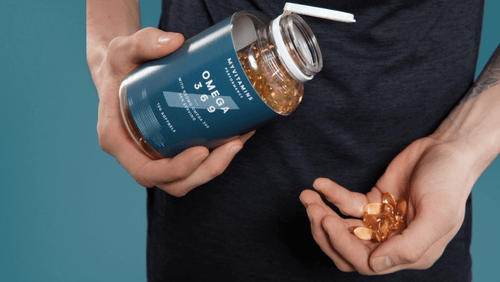
7 Vitamins For A Healthy Heart
Talk To Your Doctor
Myvitamins are not making any medical claims in this article. If you have any questions or concerns about your gut health, energy levels, heart health or any other topic discussed here, talk to your doctor or other relevant medical professional.
Take Home Message
There is no one-size-fits-all route to health and wellbeing, but starting with expert tips like these will help you discover your own path to wellness.
For more advice on vitamins and supplements, as well as exclusive offers, sign up for the Myvitamins mailing list.


